Did you know there are several types of onions, did you know about that? Are you a fan of onions? That’s right, this versatile veggie is found in various types.
Most people tend to take one of two ways regarding onions: either you hate it or love it. Whether you are a fan or not, onions are a fundamental part of cooking any recipe and are pretty much a staple in everyone’s kitchens.
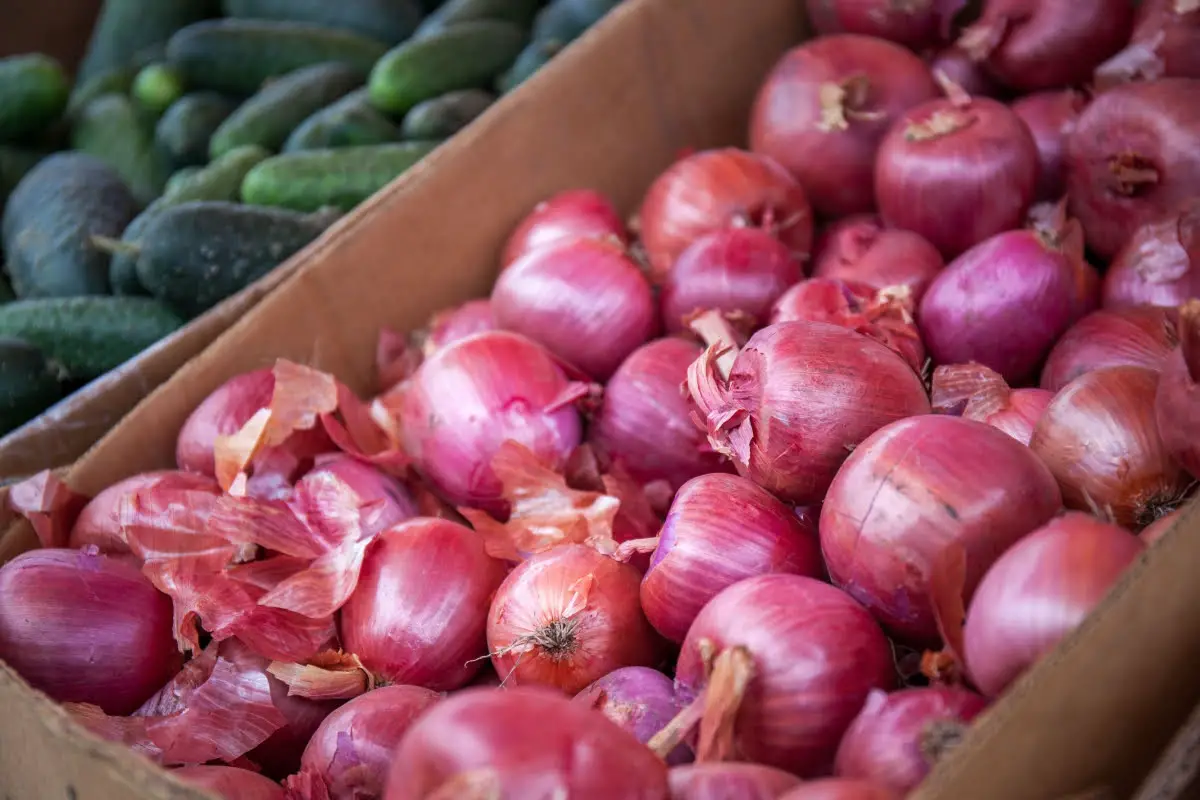
From savory pies to soups, to caramelized and folded into your favorite burger, or tucked into a quiche, knowing the different types of onions and which goes with what will elevate your meals to the next level.
With this guide, you’ll be able to learn about the different types of onions, and the next time you go to the market, you’ll walk in confidently, knowing you have a lot more options than the trusted white onion you always go for.
How Many Types of Onions Are There?
Onions are known extensively as the culprit for making women cry in the kitchen, and though this is true due to their intense smell, there is one type of onion that doesn’t make you cry. There is also the type that you can even eat raw because of its high sugar content!
Bottom line, you may be surprised to find out there are so many types of onion, and some you most likely already know, but you’ve never considered it as one before. Onions belong to the allium family, as garlic and chives do as well. Onions layout the grounds to many recipes across many cuisines, making learning about that much more important.
Believe it or not, there are actually many types of onions; in fact, there are at least 15 different types, and here we’ll learn all about them.
The different types of onions include Yello, pearls, leeks, Vidali, welsh, shallots, Bermuda, chives, sweet, Spanish, white, red, and green Maui onions, and Cipollini onions. Each type has a unique flavor and works better for a certain use; check them out.
Yellow Onions
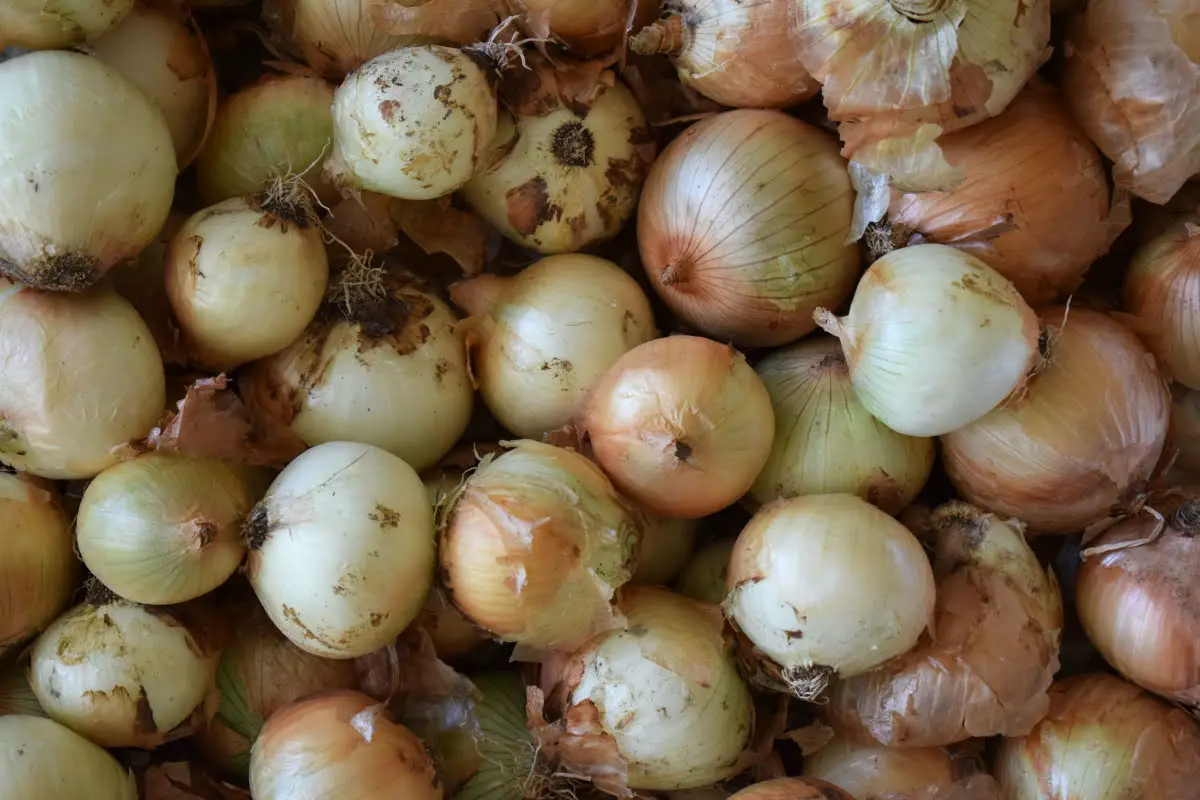
Yellow onions are the standard when it comes to cooking. You’ll definitely be safe with this type if your recipe doesn’t mention which onion you should use.
Yellow onions are known for holding up really well the process of caramelizing because it is a long, slow heat.
Pearl Onions
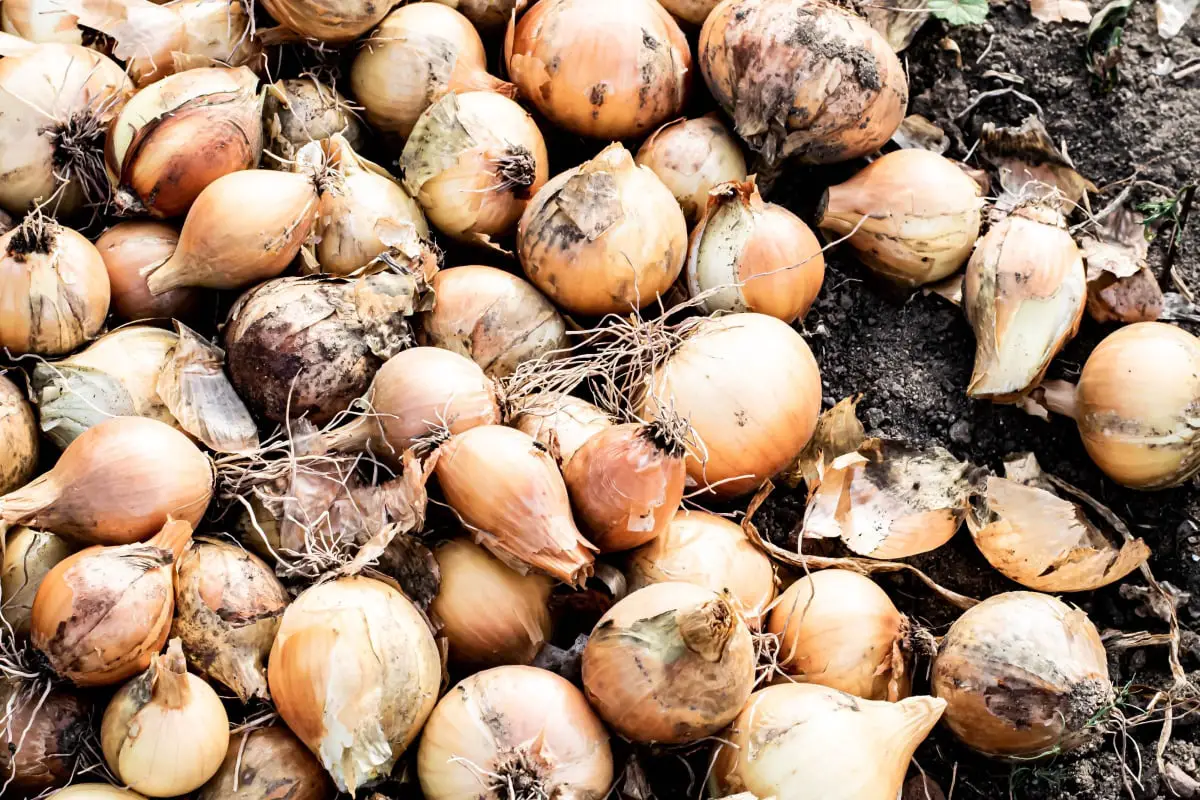
Also known as button or baby onions, pearl onions are small and sweet, ideal for keeping conserved in a jar. These are fantastic to roast after cooking meat; your gravy will take a whole new level thanks to their mild flavor. And since they are small, you don’t even have to cut them, peel, and voila!
Leeks
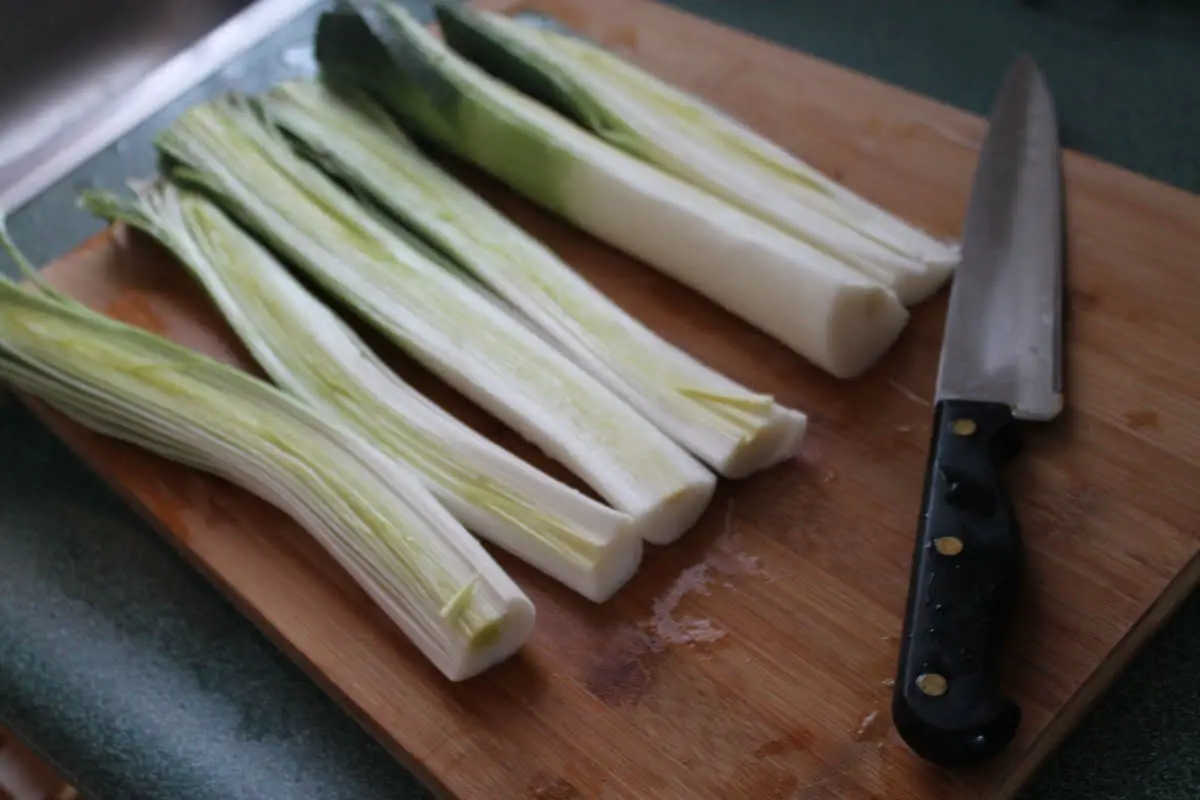
Leeks may not be that popular; however, these are great in soups, and it’s best to simmer them. They go just amazing with meats in a stew or also with bacon, or imagine them in a rich turkey and bacon sauce for that pie filling you’ve been craving for.
Vidalia Onions
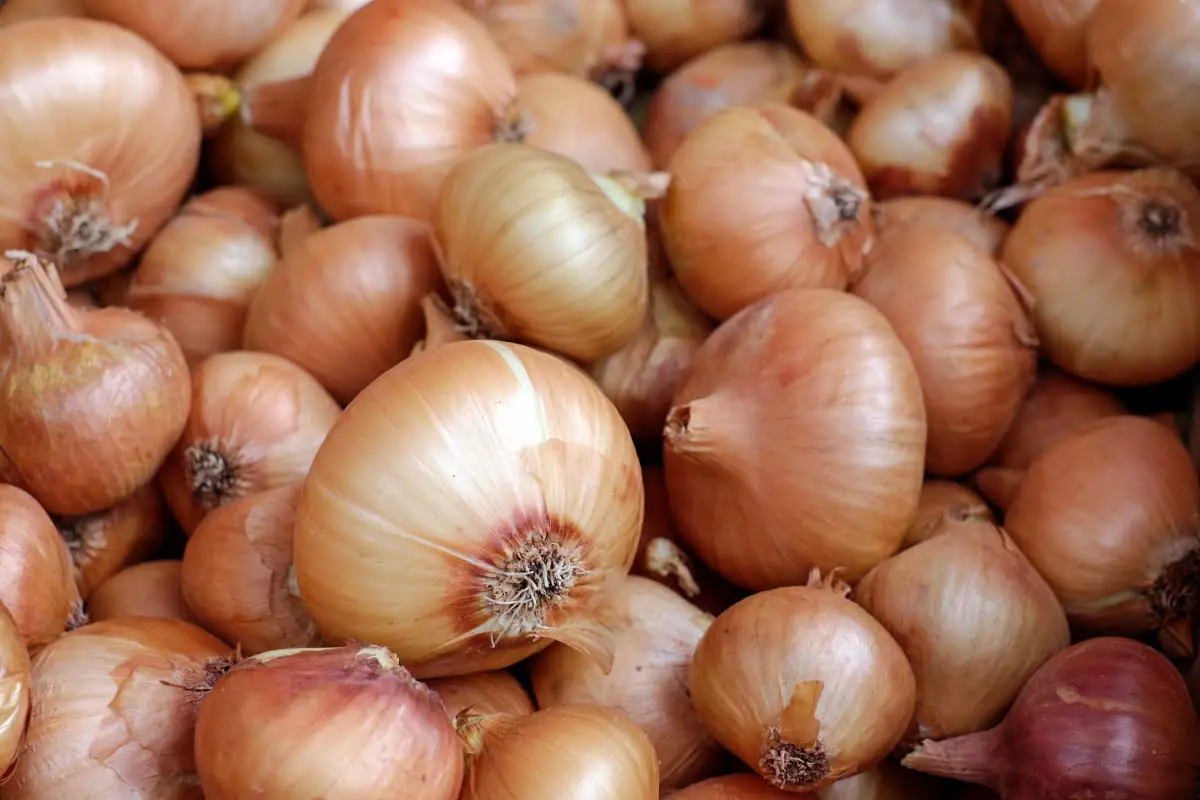
Vidalias are yummy! You can eat them raw because these babies are adorable; the best part is they don’t need any cooking! Just slice them and enjoy.
Welsh Onions
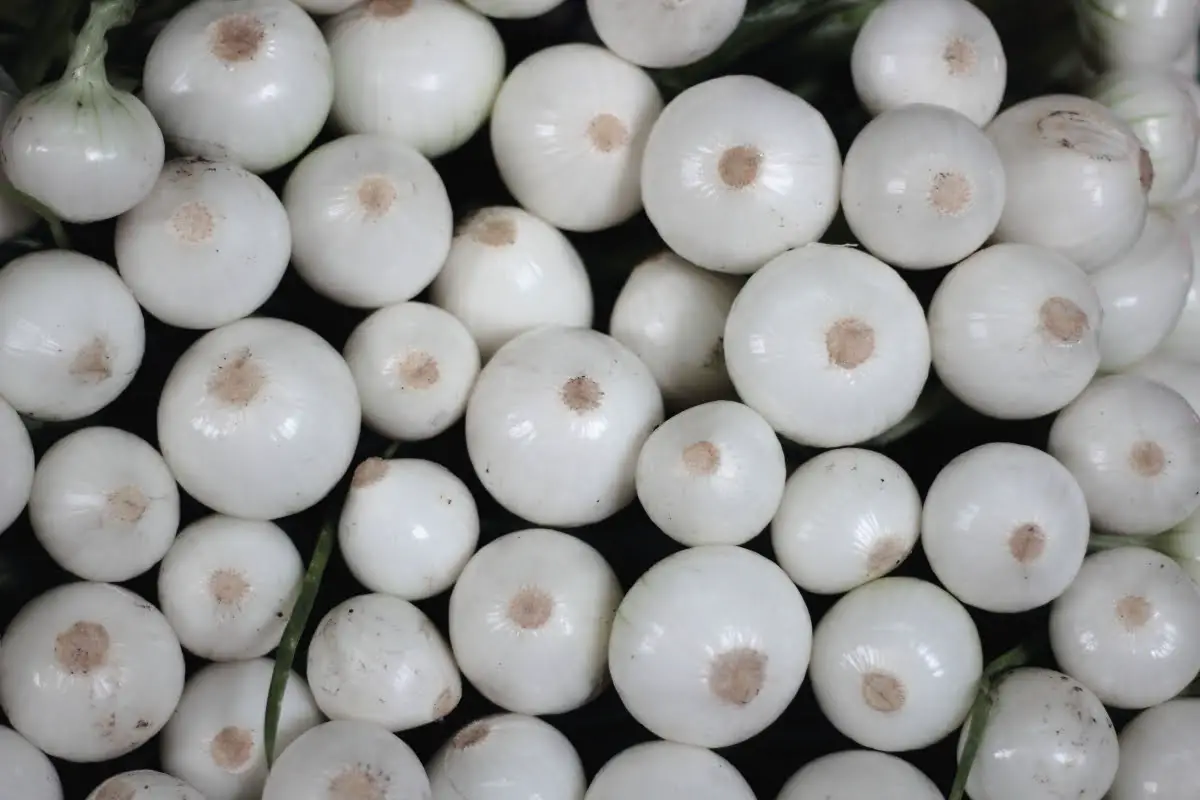
It’s typical of Welsh onions in Asian cuisine, and FYI, these have no relation to Wales, despite their name. This type of onion is mostly seen in stir fry and is a bit bigger than green onions.
Shallots
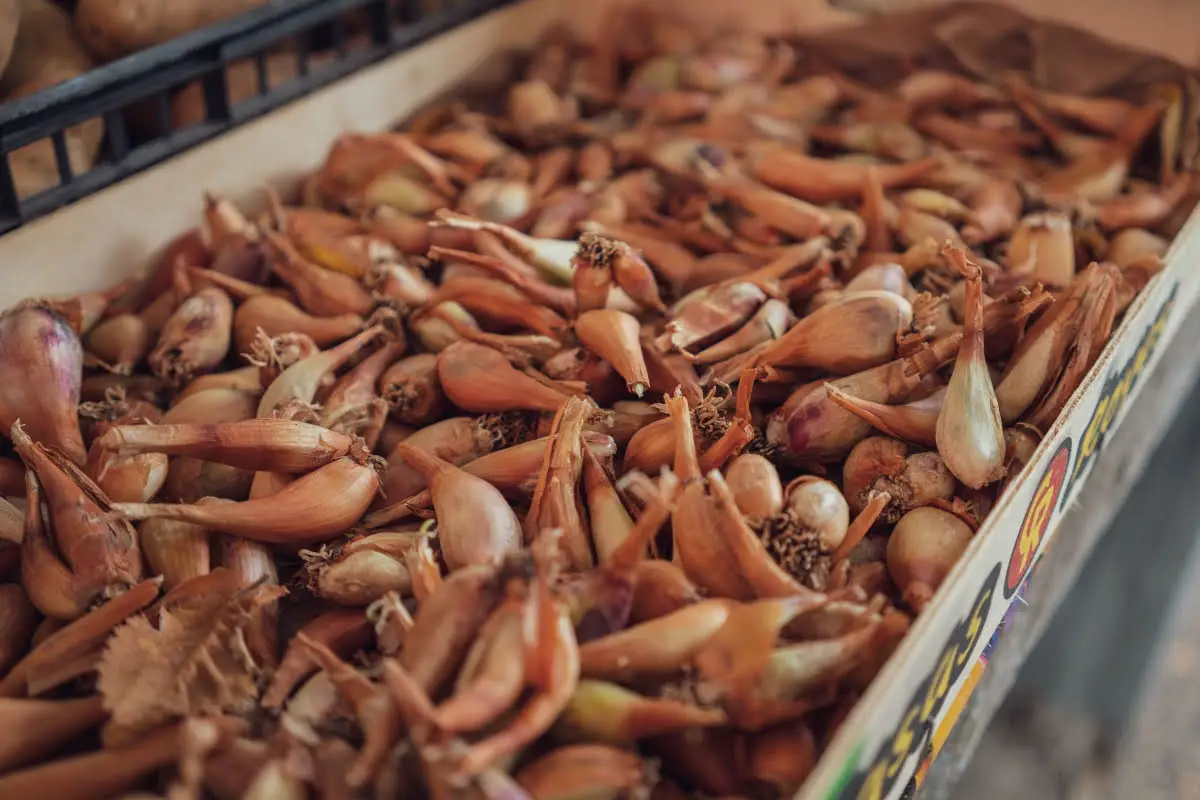
Due to their mild flavor, shallots are perfect for dressings and salads. The French use them in vinaigrettes and sauces and to go along with a steak. Shallots taste like a combination of garlic and onion.
Bermuda Onions
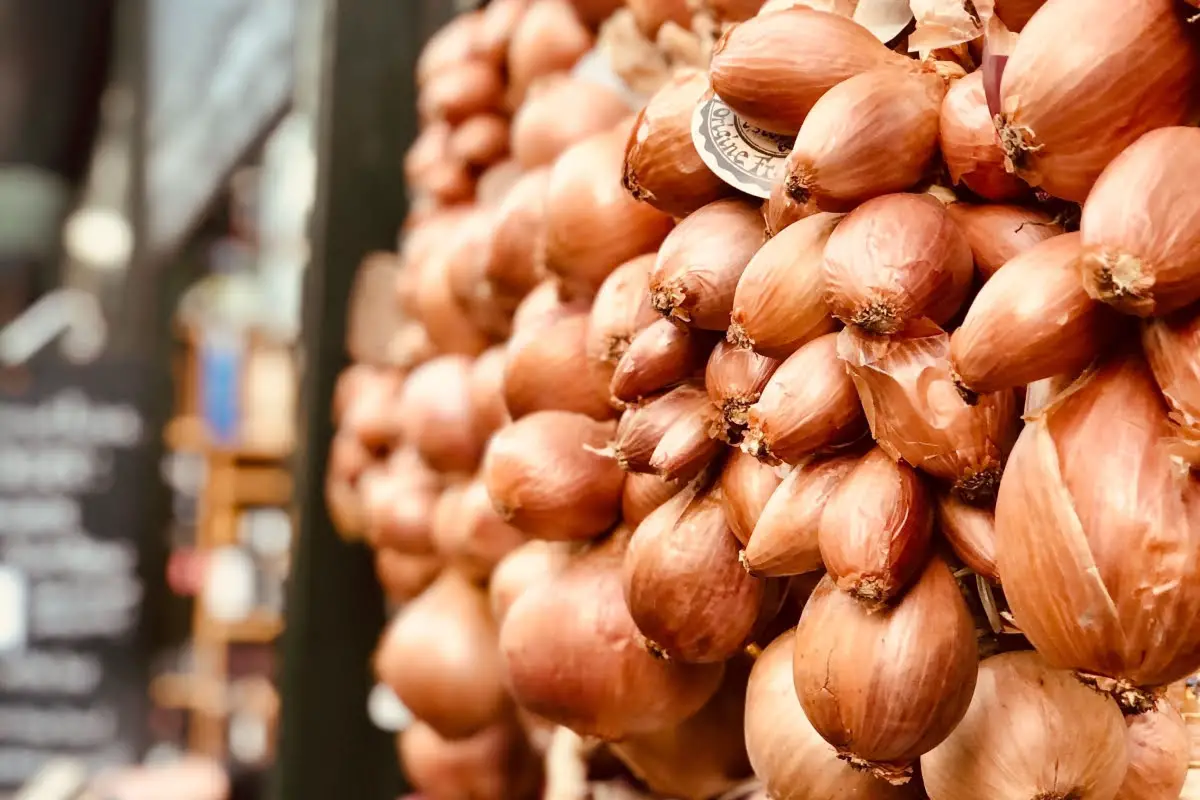
The Bermudas are great for baking and stuffing; their exquisite sweet flavor won’t overshadow the other ingredients, thus compromising your whole dish.
Chives
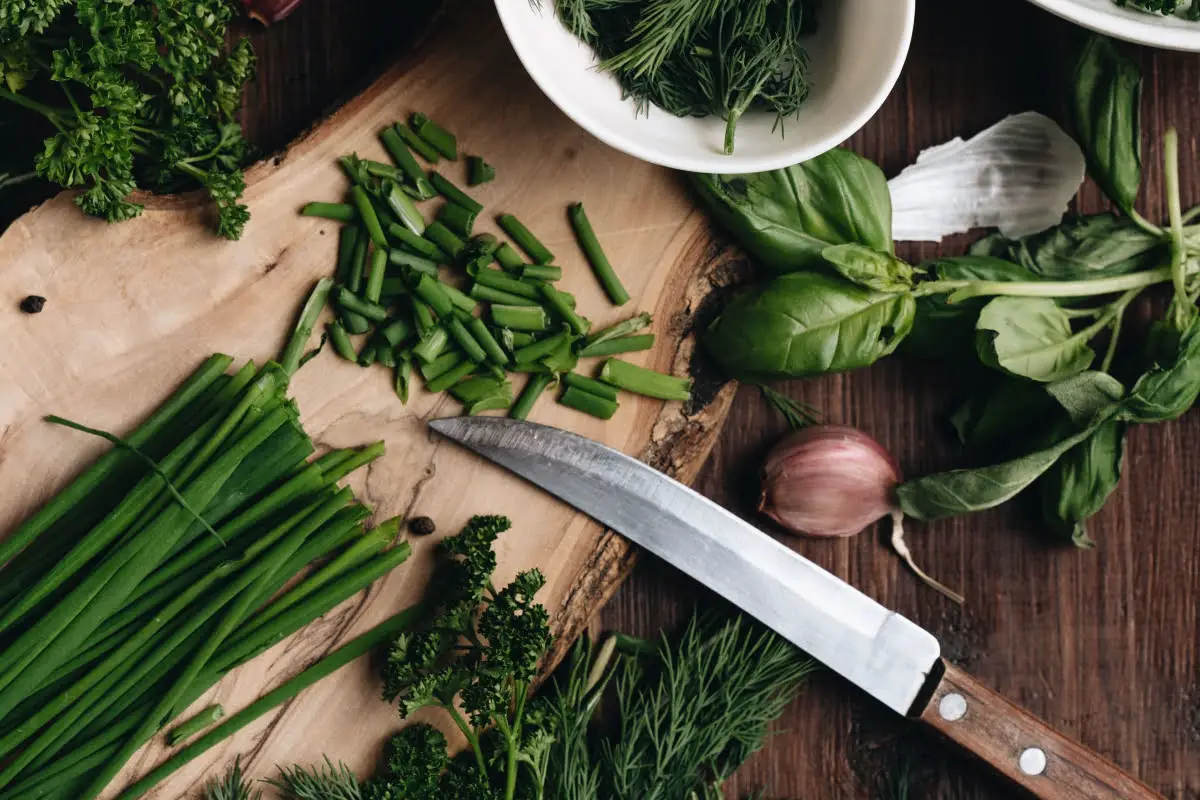
Chives are pretty overlooked. However, these make great seasoning and can even make your dish look prettier. Its sharp kick works well-garnishing soups and salads particularly. Are you interested in finding out how to harvest chives?
Sweet Onions
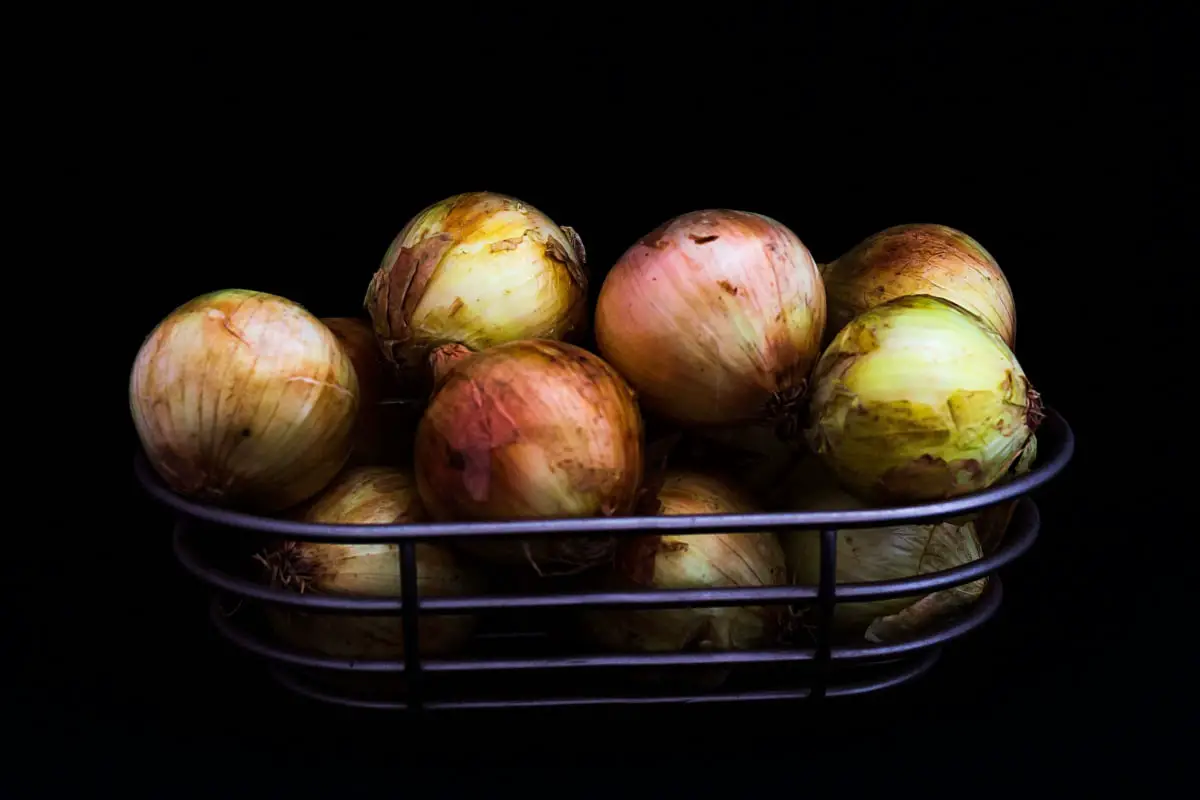
Among sweet onions, we find Vidalias, Walla Wallas, and Mauis. Their pale yellow skin identifies these. These have a delicate onion flavor with a hint of sweetness, ideal for many meals, including raw in salads.
Spanish Onions
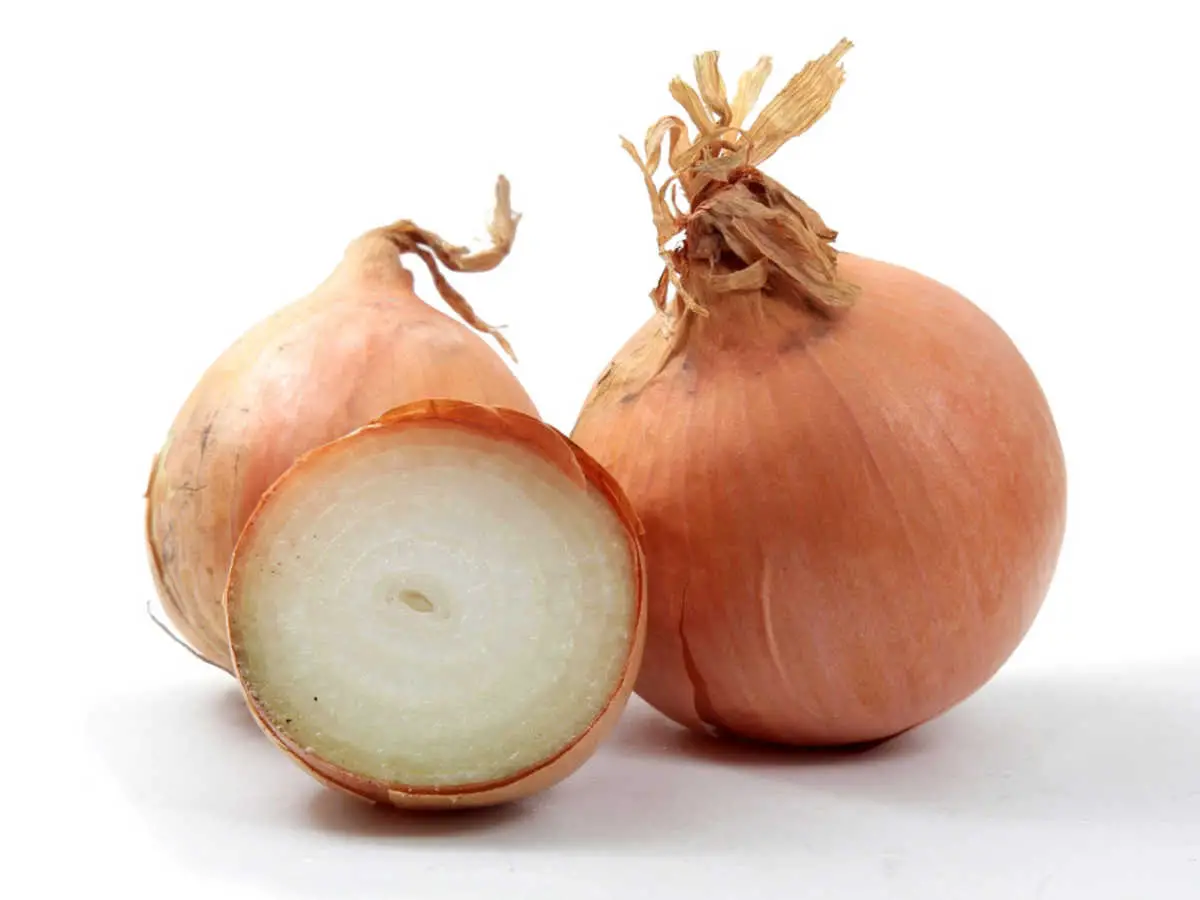
Spanish onions are often mixed up with yellow onions; however, though they may look similar, they are sweet and have a lower water content, making delicious onion rings.
White Onions
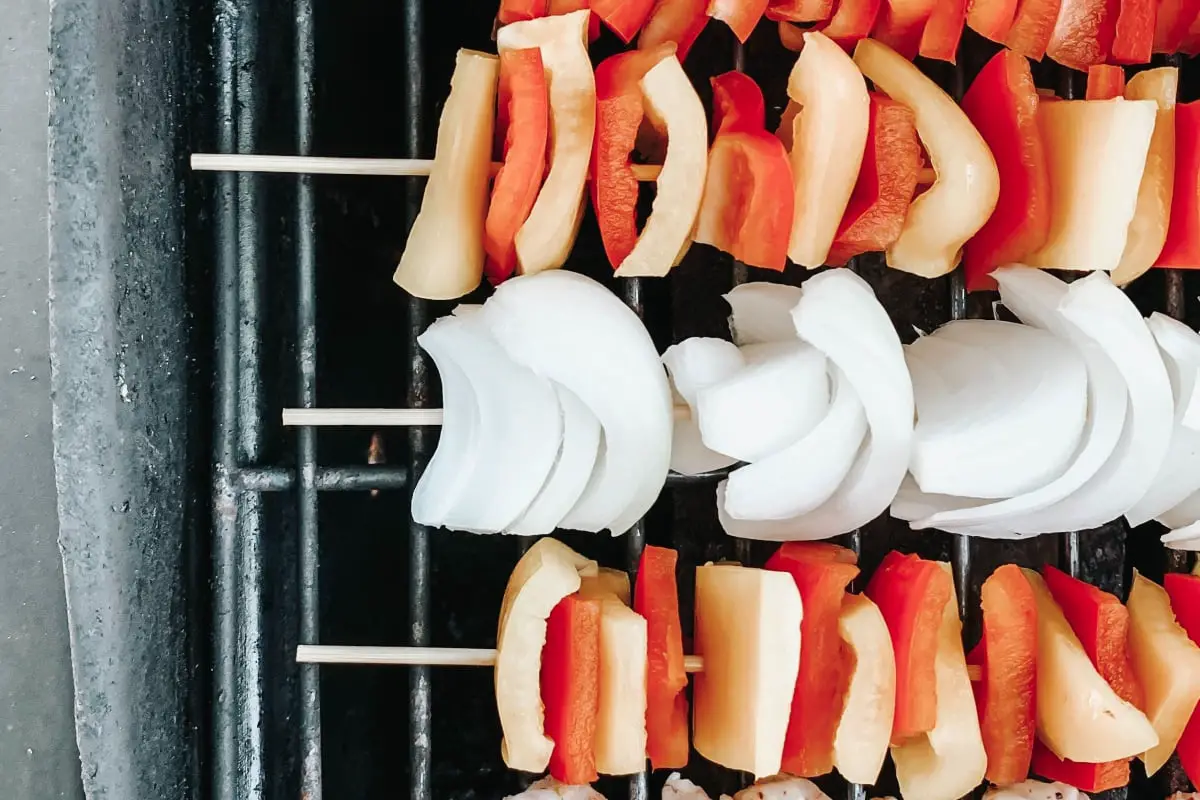
White onions can be strong and have a slightly sweet taste; these are typically used in Mexican cuisine in tacos, guacamole, ceviche, and fresh salads. These are also popular with barbecue.
Red Onions
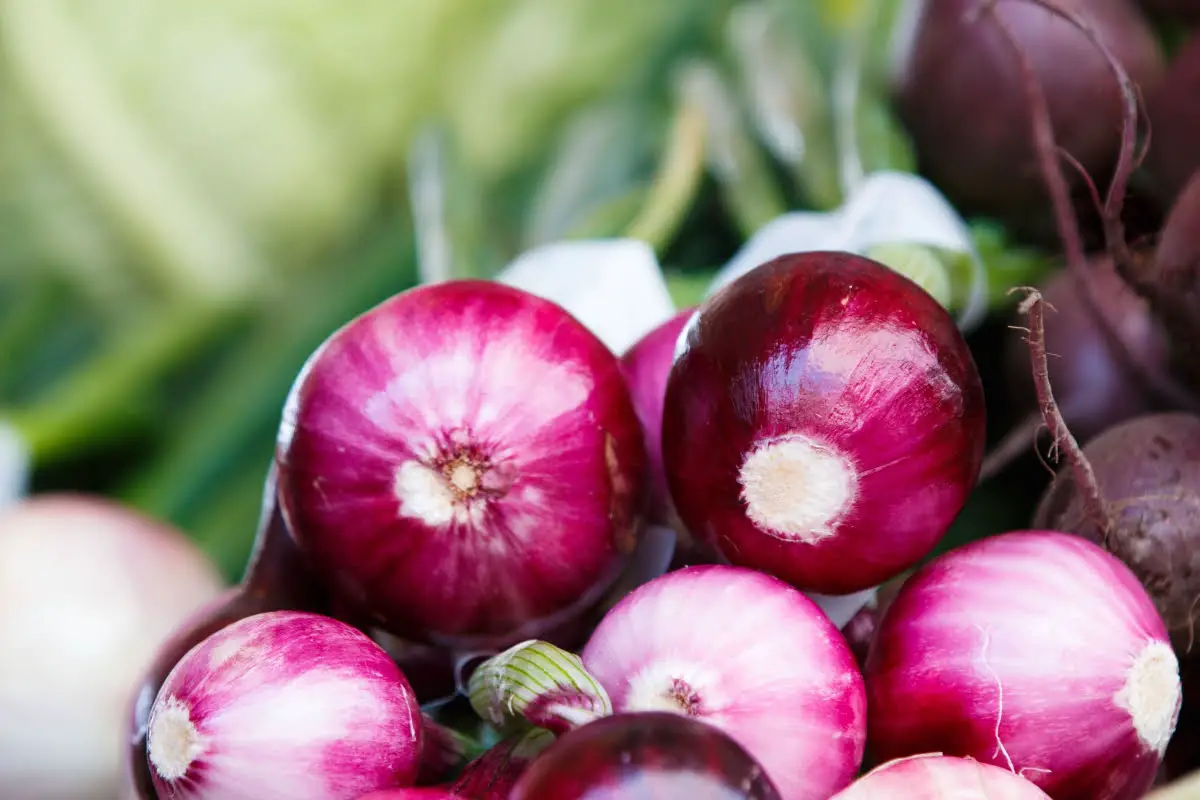
Red onions are popular; their spicy and peppery flavor makes them great for pickling, roasting, and grilling. These are commonly used in raw preparations such as salads and sandwiches and pair up well with greens like kale.
Green Onions
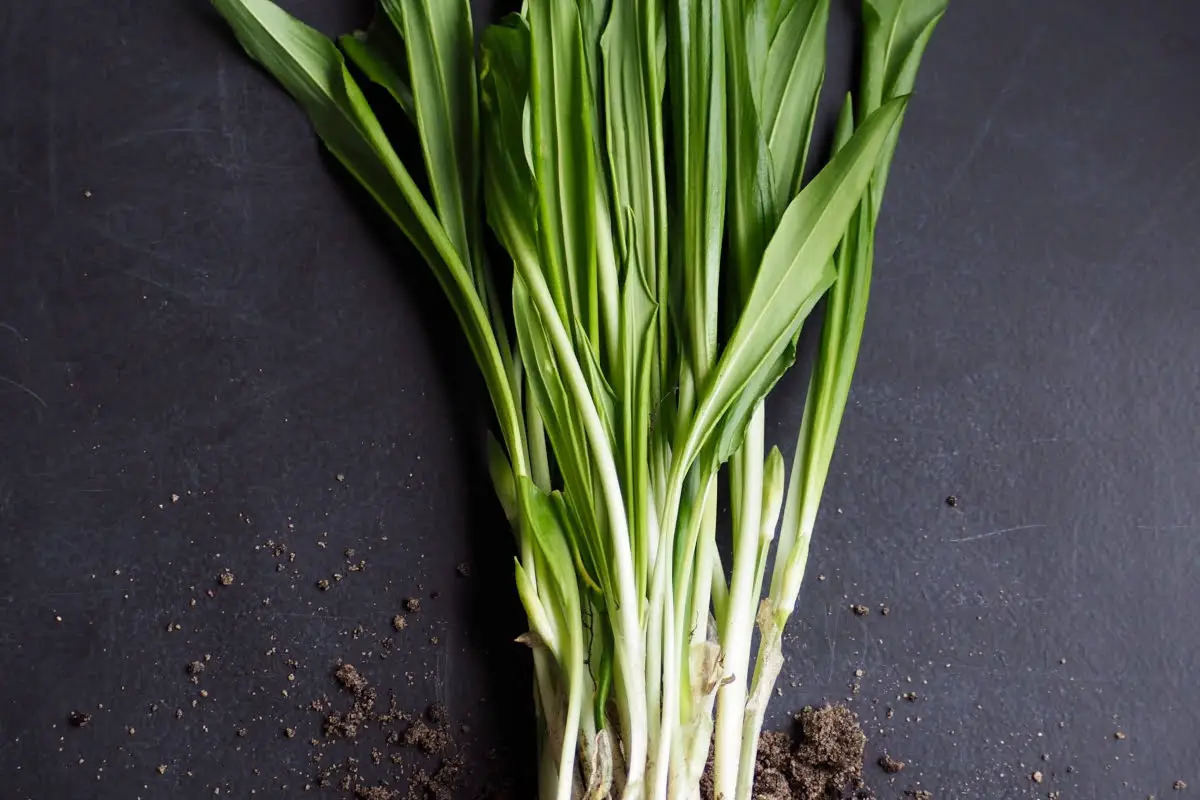
Green onions or scallions have a softer flavor than regular onions and are often seen in Chinese and Mexican foods. This type can be eaten raw or cooked if regularly used in braised dishes, stews, soups, and stir-fries.
Maui Onions 
This sweet type comes from the Hawaiian island of the same name and is often compared to Vidalias. Thanks to their juiciness, these pair up well in raw salads, caramelized, or relishes. These are also often utilized marinated or grilled, and they’re ideal with poké.
Cipollini Onions
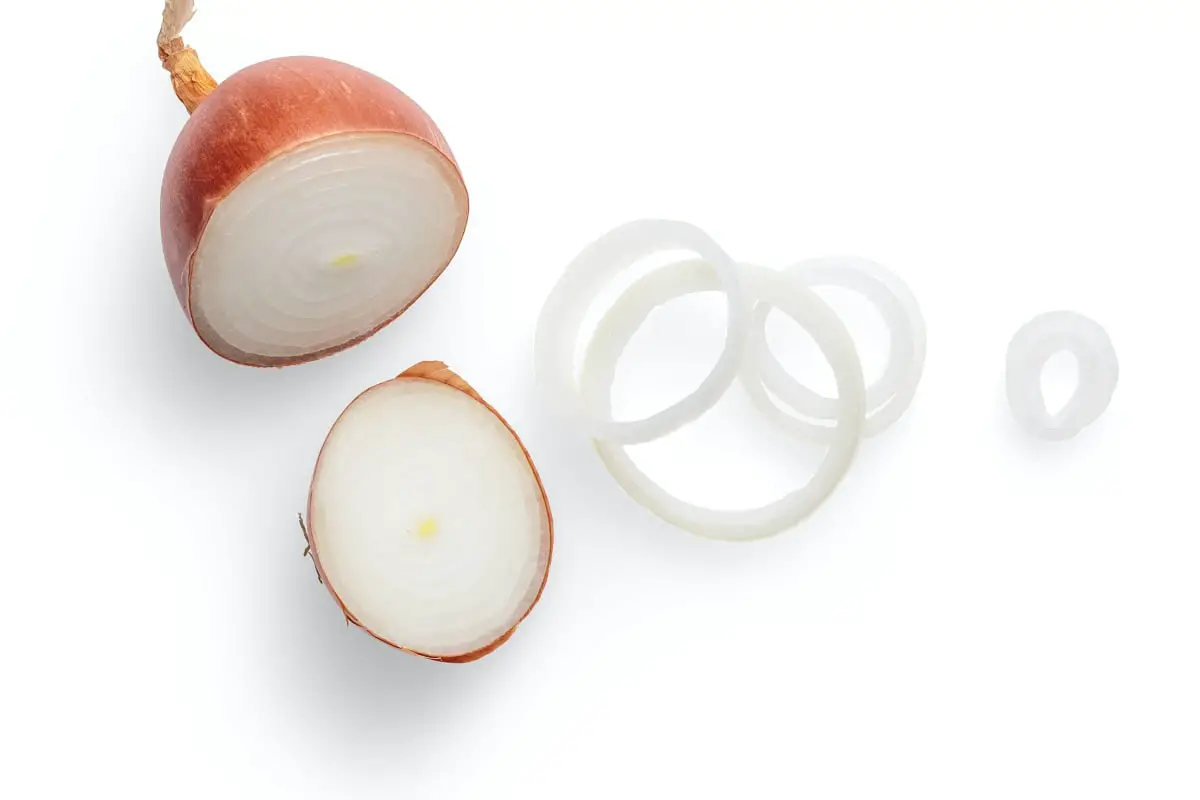
Cipollini onions are lovely -which makes them perfect for caramelizing. These little disk-shaped onions can be roasted or sautéed with other veggies.
What Is The Best Way To Keep Onions Fresh
If you want your onions to stay fresh and even extend their shelf life, then make sure to store them whole. You can also read our article on how to keep onions fresh if you need more ideas.
What Is The Best Way To Store Onions
Ideally, onions should be kept in a cool, somber place with lofts of ventilation. You can keep them in your pantry, basement, or even in the garage. You are trying to avoid humidity because onions easily absorb moisture, and if the temperature is too humid, they will rot.
Do not store whole unpeeled onions in the refrigerator.
How To Store Cut Onions In The Refrigerator
If you are left with half an onion, you should wrap it up cut-side down in plastic wrap, then place it either in a container or a plastic Ziploc.
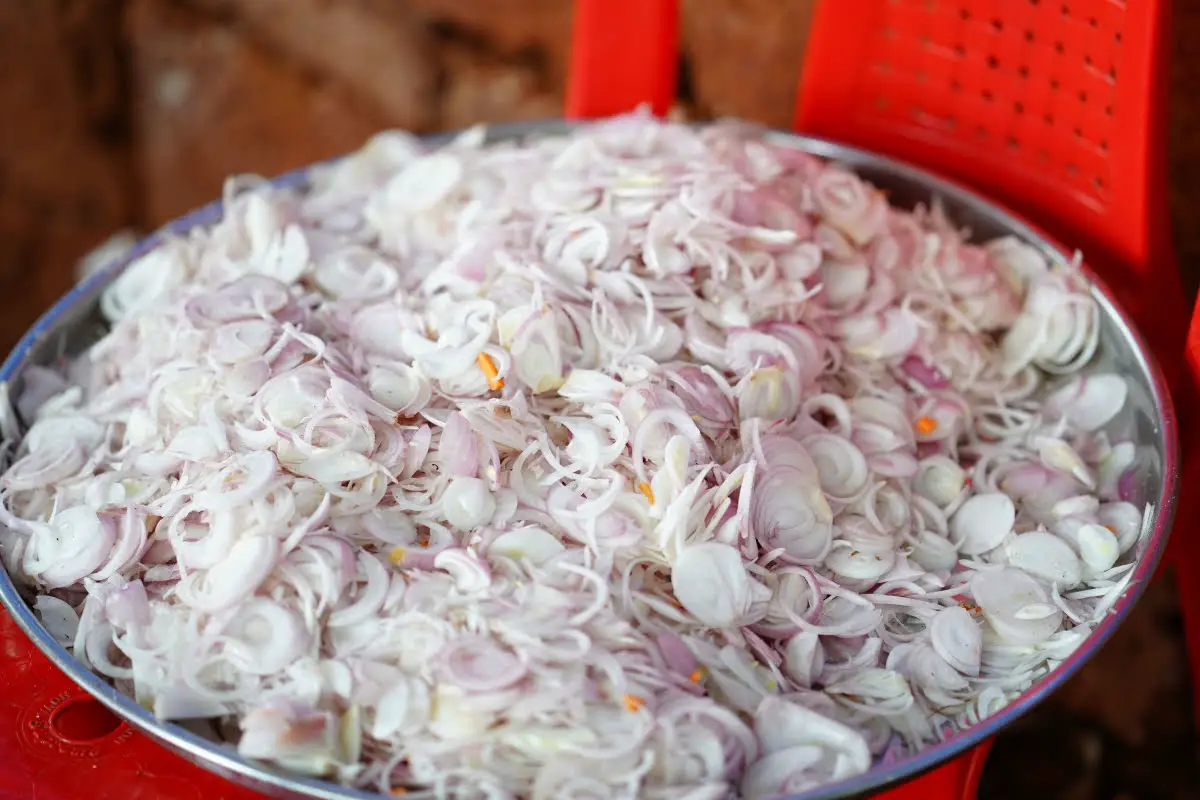 If you have sliced or chopped onions, then these should go directly inside a plastic storage container or zipper bag. These do not need to be wrapped in clingfilm or plastic wrap.
If you have sliced or chopped onions, then these should go directly inside a plastic storage container or zipper bag. These do not need to be wrapped in clingfilm or plastic wrap.
This way, you can easily put it away in the fridge, and you’ll be assured your onions won’t dry.




